|
|
|
|
In the earlier decades of colonial rule in Africa roads and railway lines were planned and built with one primary intention – to serve the economic interests of colonial powers. This revolved around transporting raw materials to ports for export. In later decades the contorted logic of colonial rule also affected decisions around the building of airports. Gordon Pirie maps out the history of Nairobi’s three airports, providing a window
into the institutional complexities, compromises and devices of late colonialism. These included vehement disagreements between the colonial power and the colonial administrators and the fact that local voices were never sought.
The results from trials testing various COVID-19 vaccines are coming in. One of the most recent was the trial for the Novavax COVID-19 vaccine, conducted in South Africa and the UK. The results were both encouraging and perplexing. Professor Shabir Madhi, who is heading up the trial in South Africa, explains what’s behind the different outcomes in the two countries and why the trial is particularly significant.
|
Julius Maina
Regional Editor East Africa
|

|
|
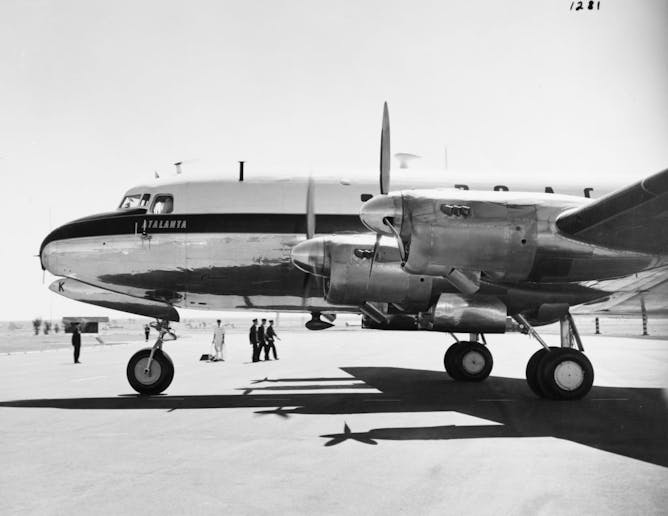
The plane carrying UK’s Princess Elizabeth and the Duke of Edinburgh arrives at Eastleigh Airport in Nairobi in February 1952.
Photo by: Bristol Archives/Universal Images Group via Getty Images
Gordon Pirie, University of Cape Town
Airport passenger terminals are often designed to flaunt a city and country. Embakasi's rudimentary terminal made Nairobi’s newest airport more colonial utility than colonial showpiece.
|

Study shows that the Novavax vaccine is effective against the dominant variant of COVID-19 in South Africa.
Jakub Porzycki/NurPhoto via Getty Images
Shabir A. Madhi, University of the Witwatersrand
The results indicate that the vaccine efficacy in the UK was 89% for individuals who received at least two doses of vaccine. In South Africa, the vaccine efficacy was 60% in people without HIV.
|
Politics
|
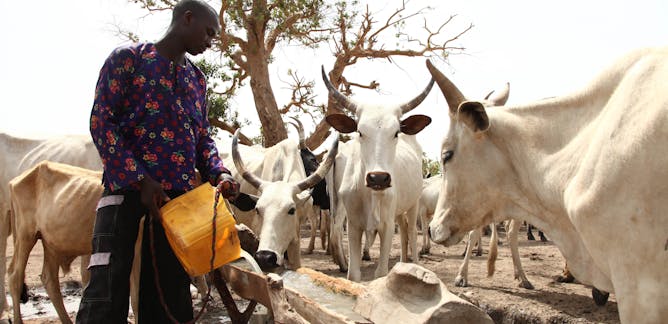
Janet Ogundairo, University of Ibadan; Feyisitan Ijimakinwa, University of Ibadan
Clashes between farmers and herders in Nigeria have their roots in history and an overriding arc of insecurity, but new challenges are contributing to the problem.
| |
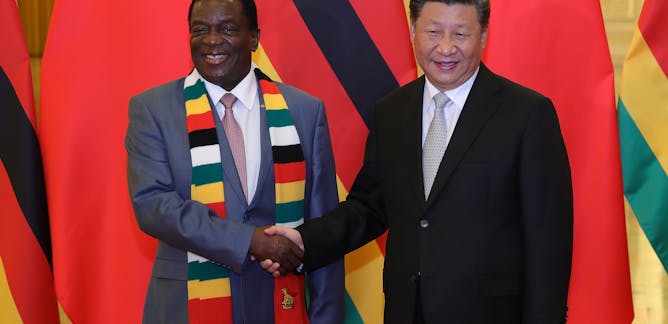
Henning Melber, University of Pretoria; Roger Southall, University of the Witwatersrand
The more President Mnangagwa's government fails to engage democratically with its own citizens, the more it will negate any prospect of re-engagement with the West.
|
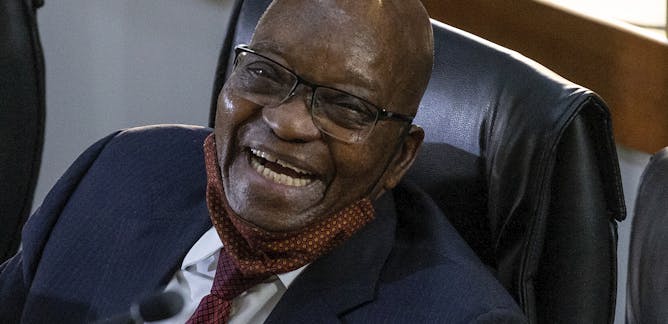
Roger Southall, University of the Witwatersrand
Zuma shares ignominy with former US president Donald Trump who, like him, subverted democracy while in office.
| |
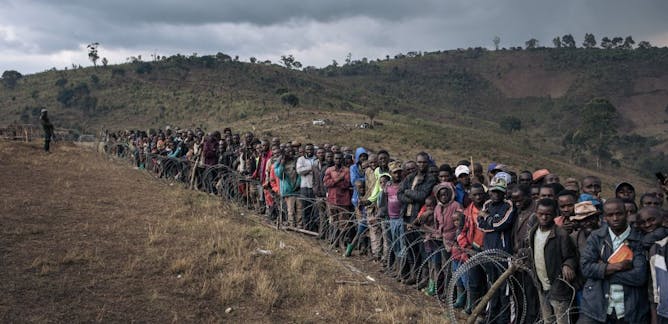
Kasper Hoffmann, University of Copenhagen
Because ethnic territories are a major source of political friction and persecution in the world, it's important to investigate how they are created and used in conflicts.
|
|
|
Arts, Culture + Society
|
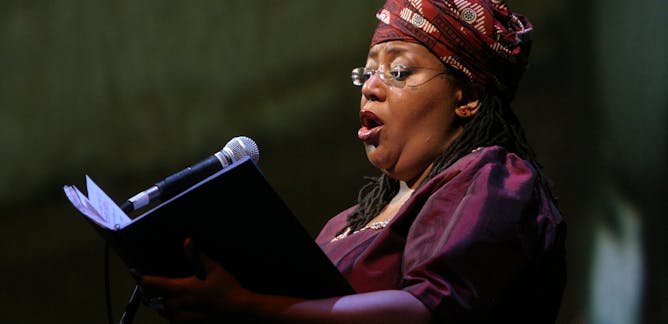
Thembela Vokwana, University of Fort Hare
Both choirs and classical music were childhood influences on a stellar career that would leave behind major new recordings in these areas.
| |
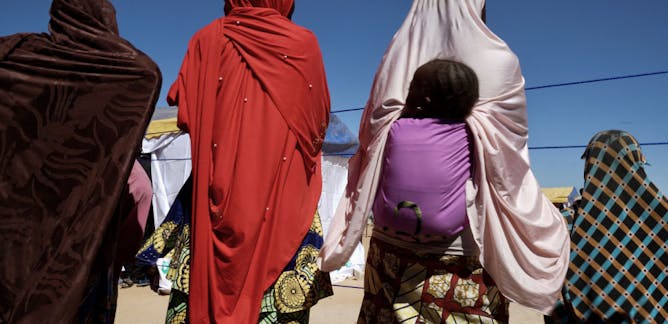
Titilope F Ajayi, University of Ghana
Nigerian women’s experiences of conflict mirror their unequal status and the prevalence of gender violence in and out of conflict.
|
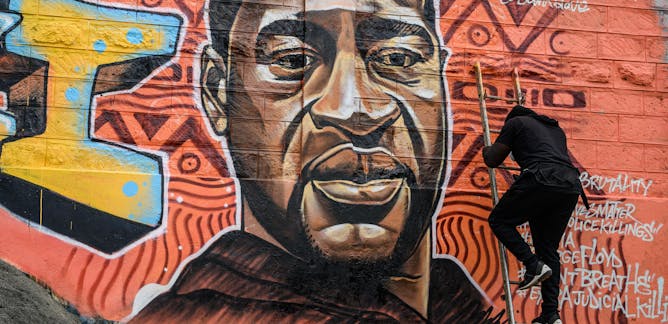
Nina G. Jablonski, Penn State
Racism affects health and often leads to early death. We now know in greater and more alarming detail how this happens.
| |
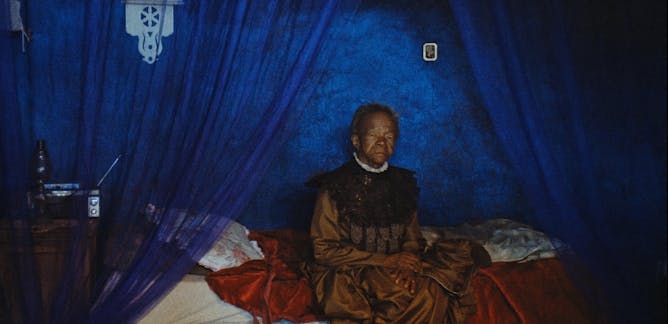
Anna-Marie Jansen van Vuuren, Tshwane University of Technology
Lesotho's first-ever entry at the Oscars is a powerful story based on true-to-life events in which a village is to be forcibly evicted to make way for a new dam.
|
|
|
Health + Medicine
|
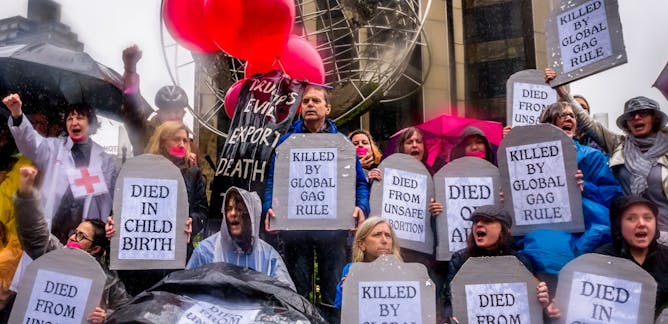
Sara E Casey, Columbia University; Emily A Maistrellis, Columbia University Medical Center; Terry McGovern, Columbia University Medical Center
Trump's expanded global gag rule weakened national health systems and created barriers to women’s sexual and reproductive healthcare access.
| |

Ozayr Patel, The Conversation
The Novavax vaccine is the first that provides objective scientific evidence that it can protect people against the variant virus circulating in South Africa.
|
|
|
Environment + Energy
|
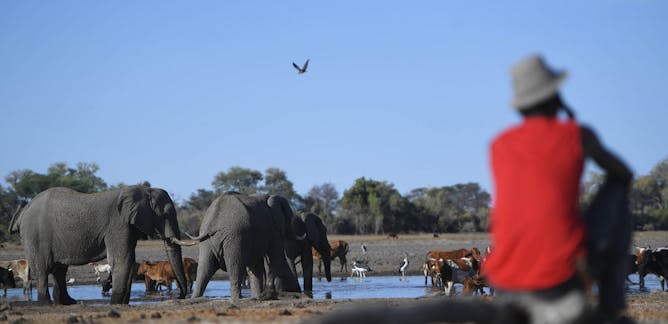
Anja Gassner, World Agroforestry (ICRAF); Philip Dobie, World Agroforestry (ICRAF); Terry Sunderland, University of British Columbia
Evidence shows that farms that share landscapes with wild nature, such as remnant forests and trees, benefit from the ecosystem services provided.
| |
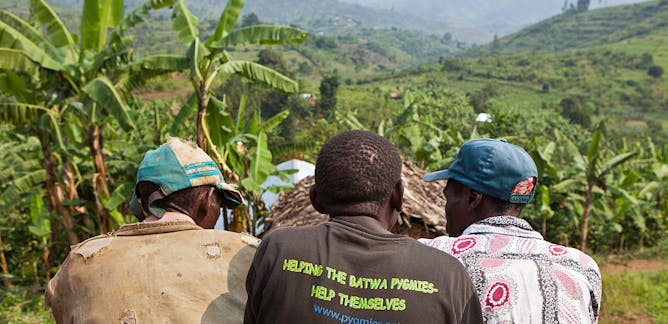
Dr Poshendra Satyal, University of East Anglia; Dr Noelle Kumpel, University of Cambridge; Keith Hyams, University of Warwick; Morten Fibieger Byskov, University of Warwick
Despite being highly affected by a changing climate, Uganda's Batwa community lack voice, agency and influence in climate adaptation planning and actions.
|
|
|
Business + Economy
|
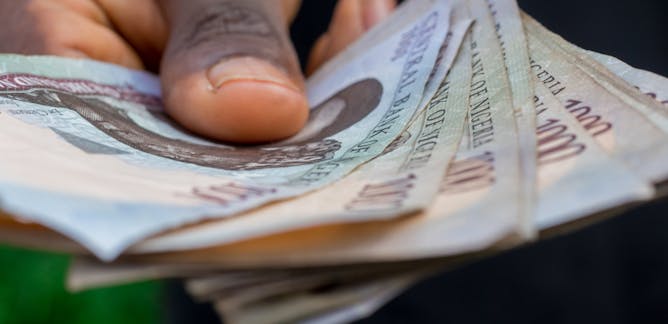
Ogechi Ekeanyanwu, The Conversation; Usifo Omozokpea, The Conversation
The lower global oil price hit Nigeria's economic mainstay. The country has seen job losses, a slowdown in production and health challenges to the workforce.
| |
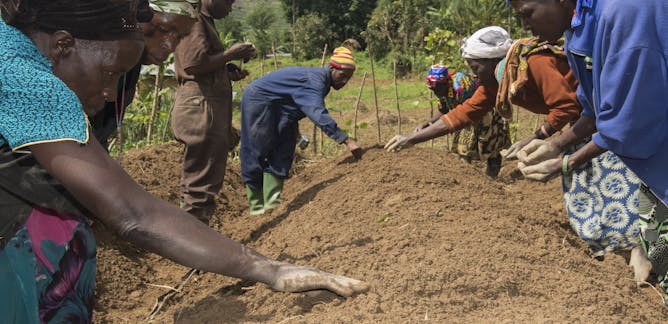
Chris O. Ojiewo, CGIAR System Organization
Improved seeds can alleviate a food security crisis deepened by COVID-19.
|
|
|
| |
| |
| |
| |
Would you like to republish any of these articles?
|
|
It’s free to republish, here are the guidelines.
Contact us on africa-republish@theconversation.com in case you need assistance.
|
| |
| |
| |
| |
|
|
|
|
|
|
|